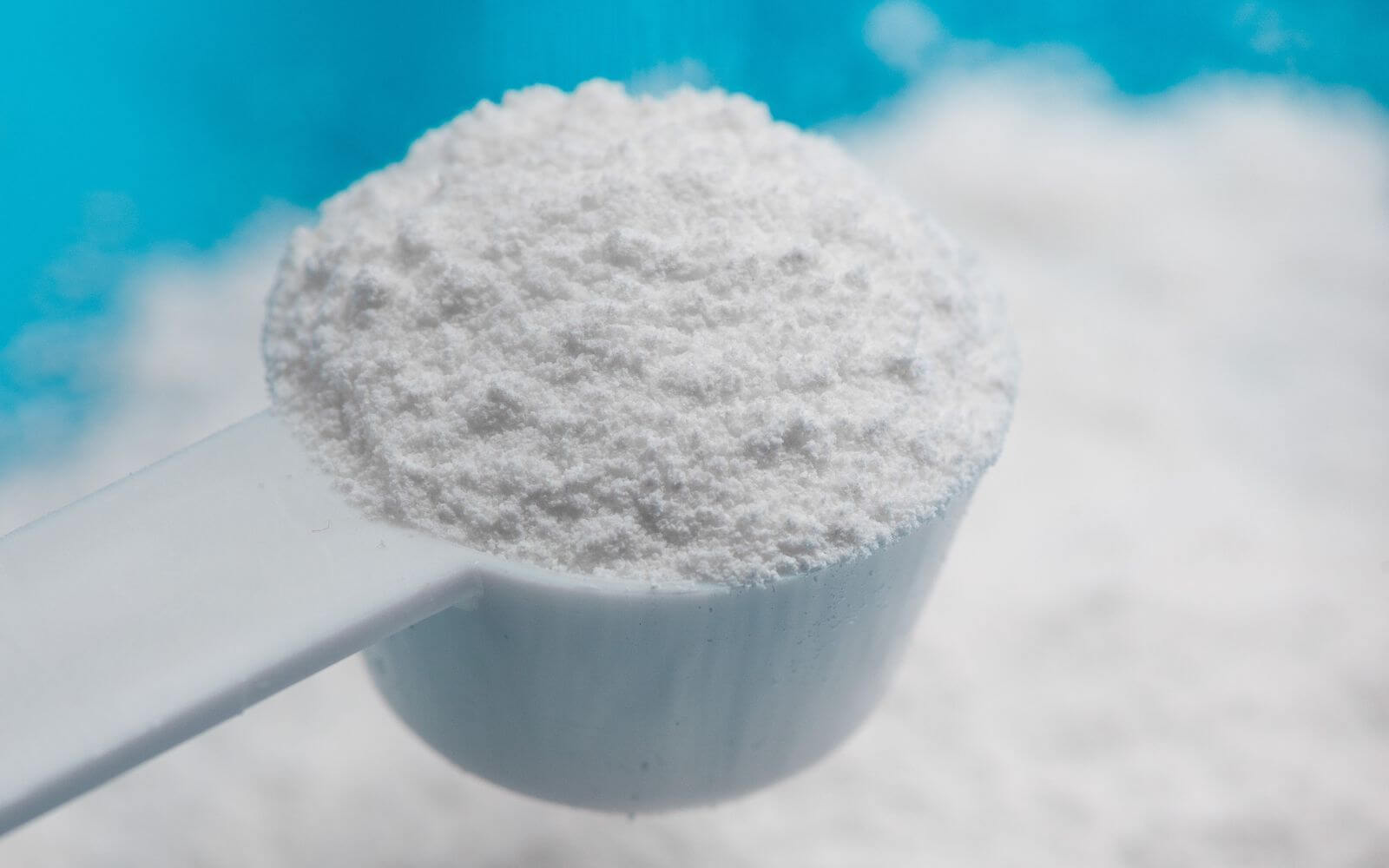
Metal soaps – versatile use in a wide range of industries
Metal soaps are salts of fatty acids. Most commonly used is stearic acid in combination with different metals such as calcium, zinc, magnesium or lead – but with the exclusion of sodium and potassium salts. The fatty acid salts of the sodium and potassium salts are water-soluble and are called soaps.
Metal soaps are poorly soluble in water, but in turn they are well soluble in organic solvents (e.g. benzene). They are commercially available as a powder, dissolved in organic solvents or as an aqueous dispersion. Dispersion is a heterogeneous mixture of at least two substances that do not dissolve into each other or chemically combine. Since dispersions are liquid, they are preferred to powder form, depending on the intended use.
Metal soaps have an excellent sliding and separating effect. They can form gels, are water-repellent and have a preservative and stabilizing effect. Due to these properties, they are important for many industries.
Various synthesis processes for the production of metal soaps
Metal soaps are made from long-chain fatty acids and a metal oxide compound. The fatty acids, in turn, are made from a triglyceride. Various synthesis processes are used for production, for example precipitation and melting processes.
Of technical interest are stearates, linoleates, palmitates, oleates, ricinoleates, tungates, resinates and naphthenates. They can be used in a wide variety of industries.
Versatile applications – from the paint industry to the pharmaceutical industry
Metal soaps are used in plastics processing as release agents and lubricants. In dry cleaning, they are used for dry impregnation. Metal soaps can also be found as pharmaceutical excipients in ointments, powders and tablets.
In addition, metal soaps play a role in many other industries:
Metal industry: as lubricants and release agents for powder metallurgy
Paper industry: as a lubricant and release agent for sandpapers and as a complexing agent for color pigments
Construction industry: as a hydrophobic agent
Paint industry: matting agents, abrasives
Rubber industry: release agents and lubricants as well as vulcanization aids
Our product recommendations on the topic
We look forward to your inquiry.





 4c media
4c media